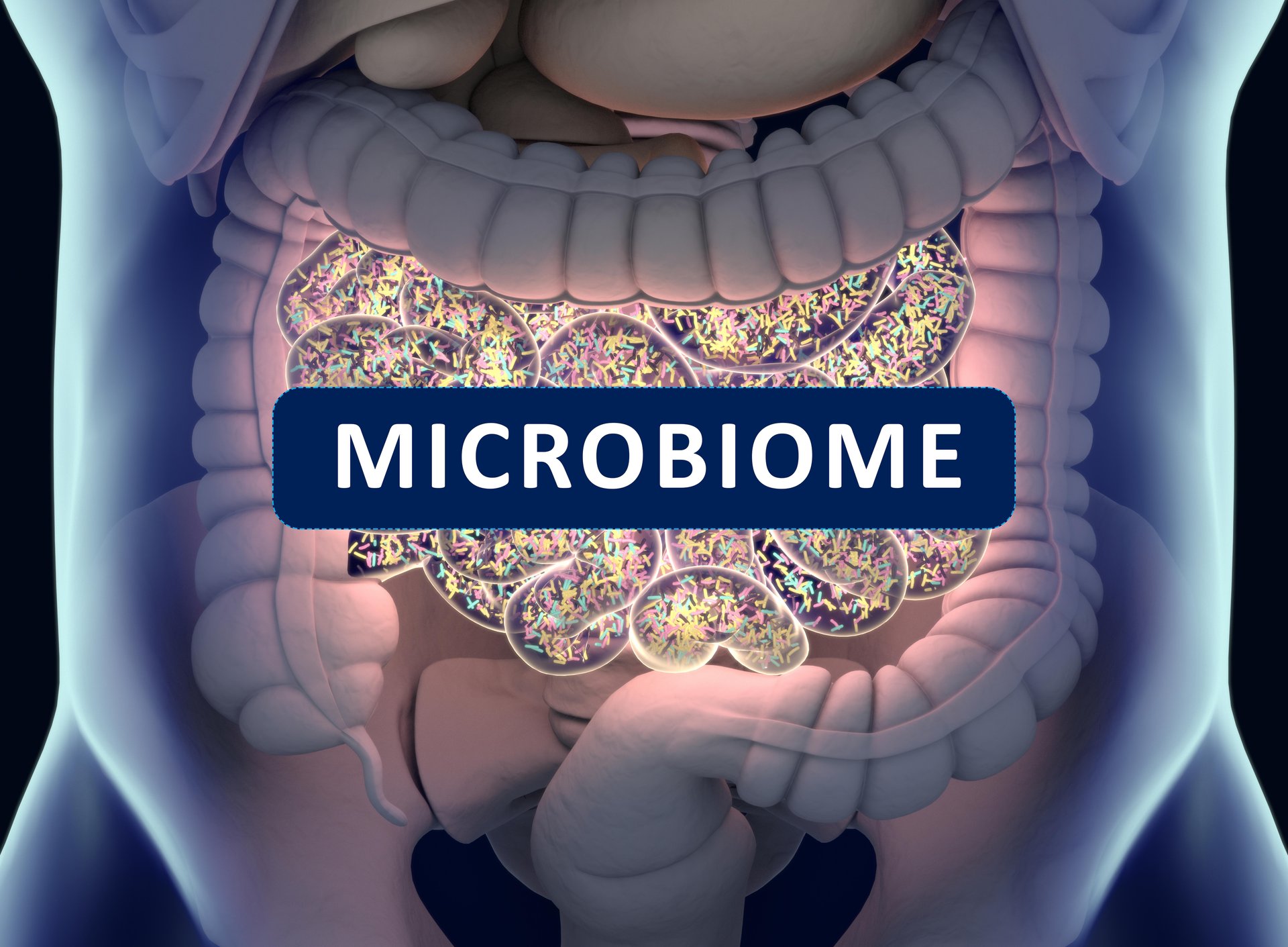
Two implanted heart devices used by patients in end-stage heart failure are now under a strict U.S. Food and Drug Administration recall, after being tied to 273 known injuries and 14 deaths, the agency said Tuesday. The HeartMate II and HeartMate 3 are manufactured by Thoratec Corp., a subsidiary of Abbott Laboratories. About 14,000 of… read on > read on >


















